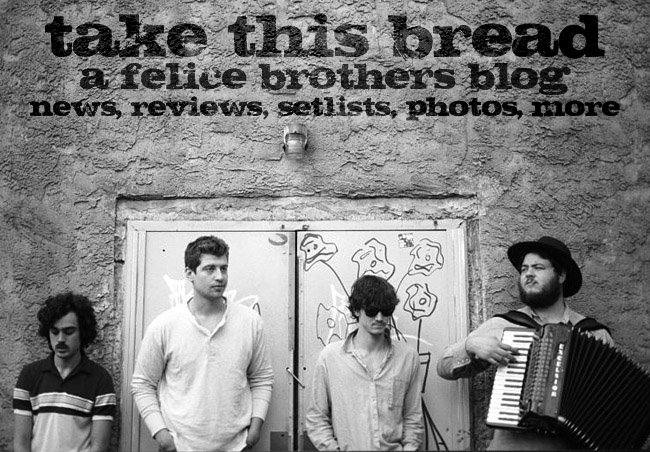I've been listening to a lot of old blues lately, most specifically Robert Johnson, and have grown to appreciate the sense of freedom in his songs. They are really the very first rock and roll songs, and have gotten me rediscovering other familiar blues songs like Lloyd Price's "Stagger Lee". Stagger Lee is a urban myth, legend whatever about a black man "Stagger Lee" who shoots Billy Lyons, because he snatched Stagger Lee's Stetson Hat. The hat is a symbol of "freedom" and ever since "Forever Green" was released i thought about the connection.
I found this article on Stagger Lee and figured i would post it. Stagger Lee or some version of this story has been covered by dozens of great artists over the past 100 years including Bob Dylan and Johnny Cash.
The Symbolic Meaning of the Stetson Hat
Copyright © 2002-2009
by James P. Hauser except where otherwise noted. All rights reserved.
What is the significance of the Stetson hat which was at the center of the dispute between Stagger Lee and Billy DeLyon? In his book Stagolee Shot Billy, Cecil Brown explained that, during the late nineteenth century, African American men wore Stetsons as symbols of masculinity, status, and power. In other words, these hats were symbols of manhood. I would take this idea a step further and argue that the Stetson was not just a symbol of manhood, but also of freedom. I make this assertion because the black male's manhood is closely intertwined with his freedom and his struggle for freedom. Slaves were not permitted the status of manhood by their slave owners--an adult male slave was considered to be a boy, not a real man. Therefore, if the Stetson was a symbol of manhood, a Stetson on the head of a former slave or son of a former slave certainly must have also been a symbol of freedom. By displaying Stetson hats on their heads, African American men were proudly showing that the days of slavery were over and they were now free men.
But even after the slaves were emancipated, they were not truly free as they faced an oppressive system of segregation which became the law of the land. White people thought of blacks as inferior and whites degraded African American men by referring to them as boys. Bluesman Big Bill Broonzy wrote a song of protest about being treated this way. He titled it "When Will I Get to be Called a Man?" Of course, Broonzy's real concern was not with being called a man, but with being treated like one.
It's clear that, even after slavery was abolished, the black man's manhood continued to be tied to his struggle for freedom--a struggle which would become quite violent during the 1960s. If we again look at the Stetson from the perspective of it being a symbol of manhood and freedom, and this time change the focus of our attention from the late nineteenth century to the twentieth century's Jim Crow era, we can see the fight over the hat between Billy and Stagger Lee as representing the African American man's fight for freedom from white oppression. And Stagger Lee's defeat of Billy may be seen as symbolizing victory for African Americans, as Stagger Lee regains the symbol of manhood and freedom, the Stetson hat.
I find the song "Stagger Lee" to be an excellent metaphor for the civil rights struggle. Let me explain. Billy's theft of Stagger Lee's symbol of manhood, the Stetson, may be viewed as the establishment of the Jim Crow system, a set of laws and customs which stole the freedom of newly emancipated African Americans and subjected them to a system of oppression which virtually amounted to a new form of slavery. And the fight between Stagger Lee and Billy for the hat would then correspond to the many violent confrontations between blacks and whites during the civil rights era. Stagger Lee's defeat of Billy may then symbolize victory for African Americans, with the Stetson serving as the victor's prize of freedom. To complete the metaphor, Billy's death can be seen as the death of Jim Crow and the abolishment of segregation.
and the lyrics to "Forever Green"
My shirt is sweaty
in my smokey cheverolet
reelin from cocaine
i hear crickets talking
now hear pool sticks chalking
i must be in some barroom baby
well the band thats following me
i can hear them hollerin'
dying to catch me
i could run forever
if youd undo this leather
strap around me
oh please
take me up
to your room
grandma was a country singer
id have loved to have seen her
making some barroom swing
i could see you doing that
gotta stetson hat
and electric guitar to sing with
may you stay forever green
like the country between us
far after our hands unfold
and i bid farewell
and that old stare, well
lead into the narrow room
oh please
take me up
to your room



